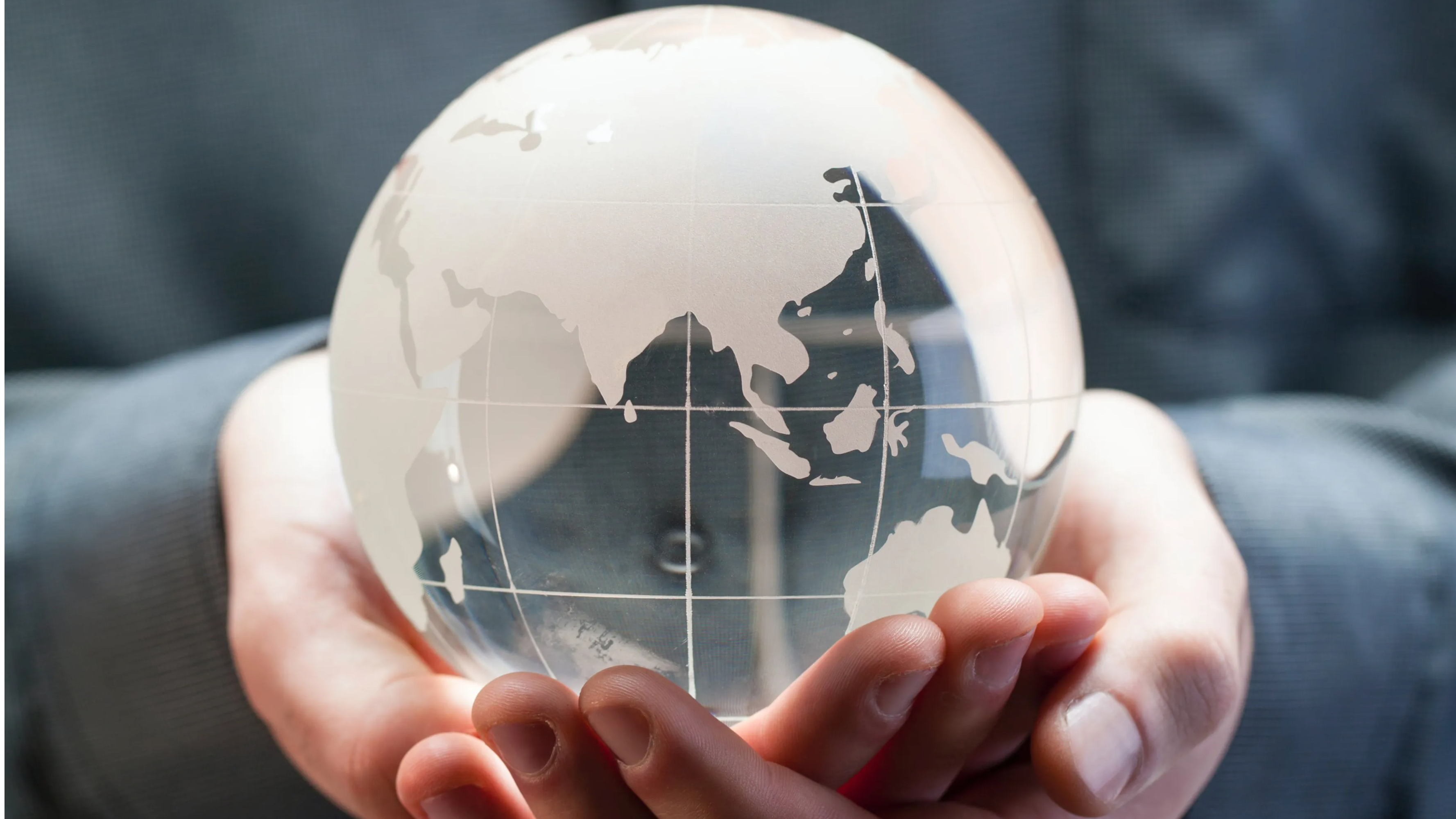Glasgow, Scotland will be the center of the world for
12 consecutive days now as leaders of world’s 190-plus countries discuss the
way forward at the United Nations Climate Change Conference that launched
Sunday. Storms, droughts, floods and a long-winding pandemic later, world
leaders have gathered together to take urgent action to stave off the worst effects
of climate change.
The Paris Agreement of 2015 saw countries agree to
limit global warming to 2°C, but ideally to 1.5°C, in order to stop a complete
breakdown. However, the targets set were far less than necessary and the world
is on its way to exceed the 2°C-mark in a few years. Therefore, what the global
community decides on in course of the conference is likely to be the policy of
the world as it battles climate catastrophe.
What’s on agenda?
Every year since 1995, world leaders have gathered
to take action on climate change. However, 2021 is being regarded as a make-or-break
year for climate action. Alok Sharma, the British government minister chairing
the Glasgow talks, said COP26 remains “our last, best hope to keep 1.5 in reach”.
COP26 will see the parties review the most-up-to-date
nationally determined contributions in terms of reducing emissions.
Day 1, November 1
Prime Minister Boris Johnson will host the opening
ceremony, following which United States President Joe Biden and Australian
Prime Minister Scott Morrison are likely to attend. Chinese President Xi
Jinping is likely to issue a written statement.
Day 2, November 2
Tuesday will see leaders of more countries discuss
how forests and land can help contribute to reach the goal of limiting
temperature rise to 1°C. Leaders and businesses will talk about innovation and
deployment of clean technology.
Day 3, November 3
Wednesday will see Finance Day with Chancellor
Rishi Sunak laying out the plans to finance climate resilience. The focus will
be on discovering channels through which rich countries responsible for high
emissions will help developing nations.
Day 4, November 4
The fourth day will see a focus on coal and how
countries across the world can try and phase out coal. The UK is one of the
countries that has already committed to phasing out coal and similar
declarations are expected from other countries.
Day 5, November 5
The fifth day will be dedicated to public and youth
empowerment. The United Nations Framework Convention on Climate Change will
present a global youth statement, laying out what they want to see from global
leaders.
Day 6, November 6
The sixth day will have agriculture in focus and
governments and policymakers explore sustainable farming practices.
Day 7, November 8
Beginning the second week of the climate change
conference, the focus will be on human-caused climate change, a particularly
thorny issue in the climate conversation.
Day 8, November 9
The eighth day of the session will explore how
women are disproportionately impacted by climate change and the importance of
female leadership in ensuring climate action.
Day 9, November 10
The day will see global leaders discuss zero-emission
vehicles and the establishment of green shipping corridors
Day 10, November 11
This will be the last day with a dedicated
programme. It will be devoted to cities, regions and the built environment.







